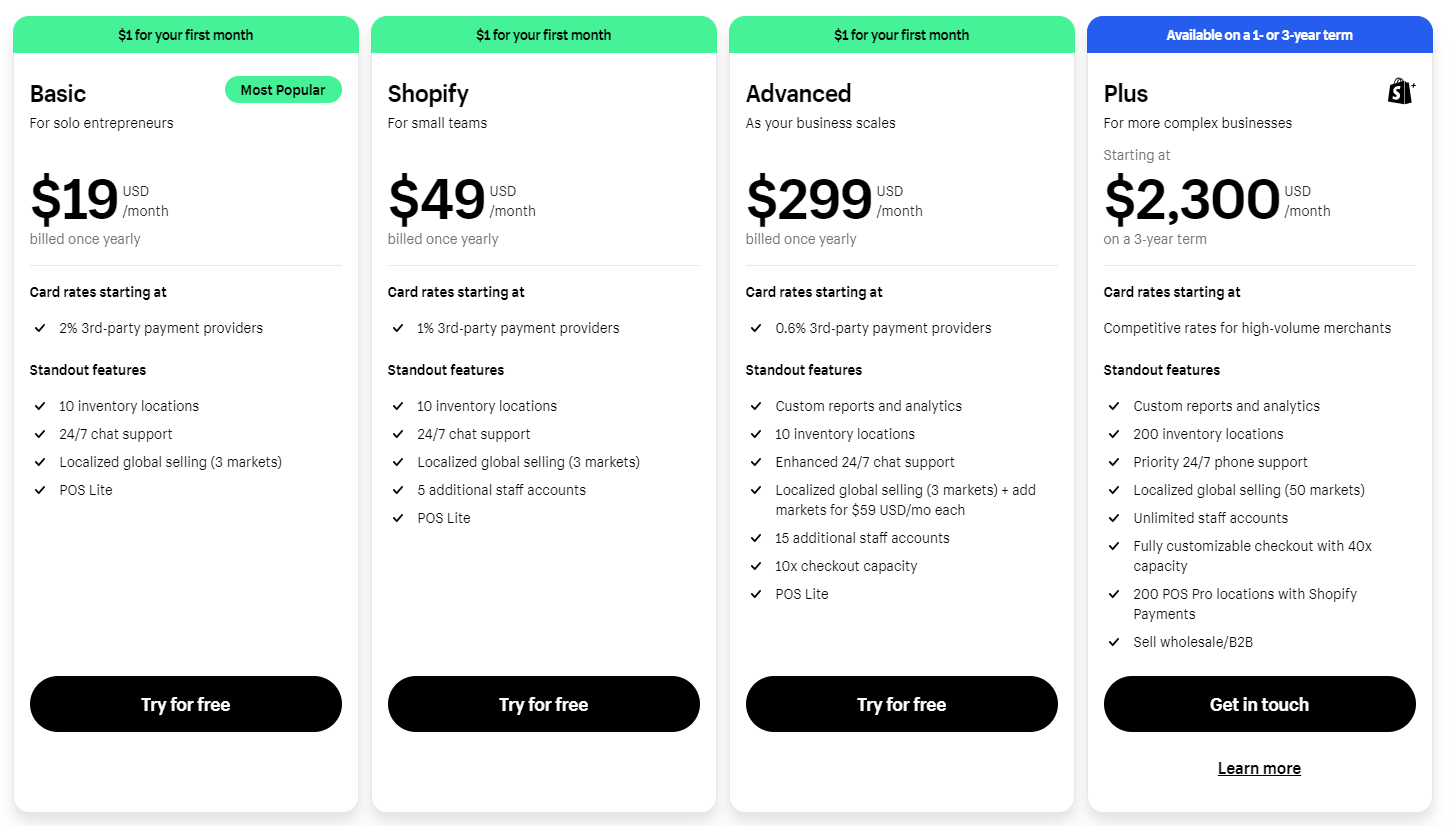What is clean up bookkeeping? How much do I need to spend on bookkeeping clean up fees? How can I prevent the need for clean up services?
In this post, we are going to be answering these questions and more. We aim to educate you on this kind of bookkeeping service. Not only that, but we also hope this article will serve to caution you against getting into a situation where you need it. And this isn’t just to prevent spending on bookkeeping clean up fees. It can get really messy if you’re not careful!
However, if you do found yourself in a mess already, don’t worry. This post can also help you understand how to get your books sorted.
What is Clean Up in Bookkeeping?
There are times when our financial management gets a little messy. Maybe you have been handling your own bookkeeping for years and didn’t notice a few discrepancies until tax season came around. It is also possible that you have hired someone to do your bookkeeping. However, they unfortunately did not do a thorough job of checking to make sure your accounts were accurate. Whether it was competency issues or human error, you now find yourself facing in need of clean up bookkeeping.
Clean up bookkeeping is when you go through the process of looking over the financial records of your business. Your aim is to rectify any errors or discrepancies that you find. The main goal of clean up bookkeeping is to ensure accurate, consistent, and complete books.
This is a kind of remedial bookkeeping. What do we mean by that? Well, you are correcting previous transactions that may have been inaccurately recorded, wrongly categorized, or otherwise mismanaged.
A bookkeeper may have to scour through your expenses, purchases, and sales to find errors or discrepancies. These transactions can be as recent as a week ago, or in more serious cases, months and years back.
Note: Some people use the definition of clean up bookkeeping and catch up bookkeeping interchangeably. This could be due to the fact that a lot of businesses offering catch up bookkeeping include cleanup in their services. However, for the purposes of this post, we’re going to talk about cleanup bookkeeping as a separate thing.
Common Situations That Require Bookkeeping Clean Up

Tax Season
Probably the most urgent situations where cleanup is required is during tax season. We highly recommend not putting off a cleanup until the last minute. However, we recognize that it does happen. Whatever the reason, presenting accurate books and consistent records for tax filing is crucial. Not only can you avoid fines and claim deductions, but you also avoid the risk of having your business closed. When you’re facing that, paying bookkeeping clean up fees is a no-brainer!
Audits
A business that is preparing for an external audit needs to make sure that all of their books balance. They will want to show competent financial management. Additionally, you may not be doing anything shady or under the table. However, clean books leaves no room for unnecessary suspicion or speculation.
Accurate Financial Standing
Perhaps you need an accurate number on how much you are spending or earning on a monthly basis. Clean up is also useful to ensure accurate financial statements and accurate reporting. These are important to gauge profitability and accurately assess budgets. Cleanup can show you how you can better allocate your resources.
Seeking Funding
Financial statements are commonly presented to investors when seeking funding. If these financial statements are messy and inaccurate, it could detrimentally impact your chances of getting funding.
Unreconcilable Accounts
Your accountant might be having a difficult time reconciling your accounts or balancing your books. If so, you know there is a problem. You could be missing receipts or transaction records. Your expenses may be improperly documented and confusing. This makes it challenging for an accountant to do their job.
Common reconciliation errors involve:
- Bank statements and cash accounts
- Inventory levels and Inventory accounts
- Amount owed to a business and Accounts Receivable
- Amount owed by a business and Accounts Payable
What Are the Common Clean Up Bookkeeping Fees?

Calculating bookkeeping clean up fees is not so simple. It’s rare for freelancers or bookkeeping firms to offer exclusive pricing for cleanup only. Usually, these services, like we mentioned earlier, are included in catch up bookkeeping service offerings. Other “service bundles” we have seen some freelancers offer include software set-up and auditing together with clean up.
That being said, these prices can range from $100 to $250 with delivery times ranging from 2-10 days.
Clean up and catch up are often add-on services. They are not standard to bookkeeping services. Because of this, the pricing usually depends on each person. For instance, we at EcomBalance will offer a custom pricing quote for your catch up needs. We will hop on a call, assess the needs of your business, and quote a price based on that.
Factors Influencing the Cost of Bookkeeping Clean Up
Amount of Work
One of the leading factors affecting bookkeeping clean up costs is how much clean up work they need to do. The longer you wait, the bigger the problem compounds, and the higher the bookkeeping clean up fees incurred. More than just the amount of time, they also consider how many accounts you need cleaning up.
Assessment Fees
Some bookkeepers will charge for the time it takes to assess the scope of the work that needs to be done.
Urgency
The closer it is to tax season, the more urgently you’ll need clean up work accomplished. This drives the price up because you are under pressure and so is your bookkeeper to work double time. This is why we recommend assessing your books earlier and determining if clean up is necessary.
Payment Basis / Rate Calculation
Some calculate their bookkeeper clean up fees by making an estimate on how many hours it will take to complete. They will then multiply that by an hourly rate.
Others prefer to do fixed pricing or calculate bookkeeping clean up fees as a percentage of regular bookkeeping fees. This is usually based on the number of months you are behind on your books.
Avoiding Bookkeeping Clean Up in the Future: Best Practices

Reconcile Thoroughly
Two of the most surefire ways of avoiding errors down the line are to 1) reconcile transactions daily, and 2) verify each recorded transaction. You want to make sure that all the information, such as the amount, date, and classification or category, is correct.
Use a Bookkeeping Software
One way to reduce manual error, increase accuracy, and save time is by using accounting and bookkeeping software. Not only can you reconcile much easier, but you can also automate other processes to reduce human error.
Monthly Checks
When you conduct regular monthly bookkeeping, it’s important that you also check the accuracy of financial statements and make monthly financial reporting a norm.
Separate Personal and Business Accounts
A lot of business owners make the mistake of using their personal accounts for business expenses. A separate account helps you make distinctions between your expenses. This way, you avoid having to migrate those statements or record them separately. You can avoid potential confusion by simply opening a different bank account for your business.
Conduct Internal Audits
Internal audits allow you to assess the effectiveness and accuracy of your bookkeeping processes in an objective way.
Review Accounts
Whether it’s your inventory account, accounts receivable, or your accounts payable, you need to make sure everything checks out.
Inventory – Review your sales and inventory regularly to ensure that you aren’t stocking up when you don’t have to. Generate reports and reconcile any discrepancies within the account before monthly reporting.
Accounts Receivable – Record any bills that are overdue and reconcile any accruals. Make sure to track your payments and follow-up with customers. The last thing you want is to have a payment recorded without actually having received the payment.
Accounts Payable – Record all the money you still owe to vendors or suppliers. Make sure to pay your invoices as soon as possible, preferably before incurring outstanding balances.
Frequently Asked Questions

1. How long does bookkeeping clean up take?
The longer you wait to fix a bookkeeping issue, the longer it takes to clean up. However, you can expect it to take a couple of days at least.
2. What is the Difference Between Clean Up and Catch Up?
Clean up bookkeeping deals with organizing and correcting financial records that are assumed to be up to date, just inaccurate. Catch up bookkeeping refers to the process of updating financial records that haven’t been updated in a while. Because these two terms are closely related, we encourage you to head on over and check out our catch up bookkeeping article. (After you’re done with this one, of course!)
3. Can I Clean Up My Own Books?
If you can set aside the time and really dedicate yourself to learning how to manage your books properly, we don’t see why not. However, a lot of the time, it is improper DIY bookkeeping that leads to the need for clean up services in the first place. If you find yourself in need of clean up, we highly recommend getting a professional to do it. They have efficient processes in place and know how to identify errors and sort them out quickly. Not only that, but they can also put up safeguards to prevent the same thing from occurring again.
4. What Happens if I don’t clean up my books?
In the best case scenario, you end up with inaccurate financial records that make it difficult to assess your financial health. The worst case scenario is that you will get in trouble with the law due to discrepancies in your tax filings.
What Is EcomBalance?

EcomBalance is a monthly bookkeeping service specialized for eCommerce companies selling on Amazon, Shopify, Ebay, Etsy, WooCommerce, & other eCommerce channels.
We take monthly bookkeeping off your plate and deliver you your financial statements by the 15th or 20th of each month.
You’ll have your Profit and Loss Statement, Balance Sheet, and Cash Flow Statement ready for analysis each month so you and your business partners can make better business decisions.
Interested in learning more? Schedule a call with our CEO, Nathan Hirsch.
And here’s some free resources:
- Monthly Finance Meeting Agenda
- 9 Steps to Master Your Ecommerce Bookkeeping Checklist
- The Ultimate Guide on Finding an Ecommerce Virtual Bookkeeping Service
- 6 Reasons Accurate Ecommerce Accounting is Crucial for Your Business
- Accounting Basics 101: What Small Business Owners Must Know
- Generally Accepted Accounting Principles (GAAP) Cheat Sheet
- How to Read a Balance Sheet & Truly Understand It
Conclusion
The need to pay bookkeeping clean up fees is, quite frankly, avoidable. If you know how to manage your books correctly from the start, that is. You won’t have to clean anything up if you do it right the first time. Know what situations to look out for, avoid, and correct before it’s too late. Knowing the costs and the factors influencing them will hopefully be an incentive to maintain complete and accurate books.








